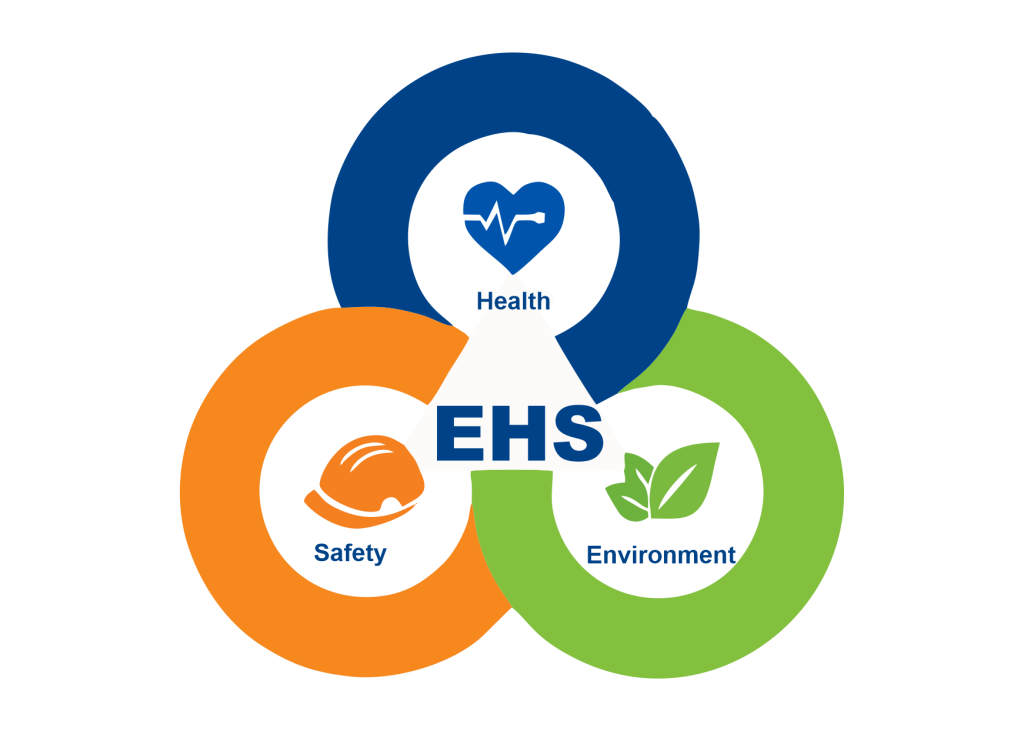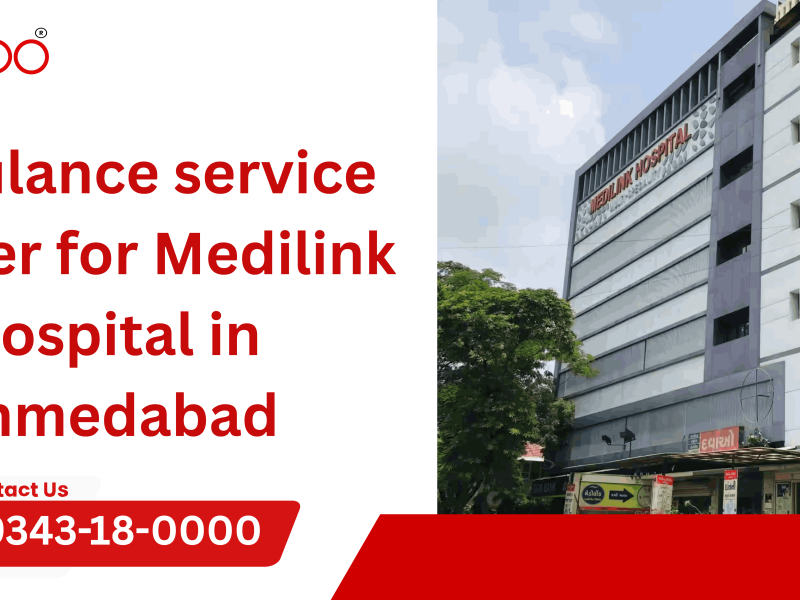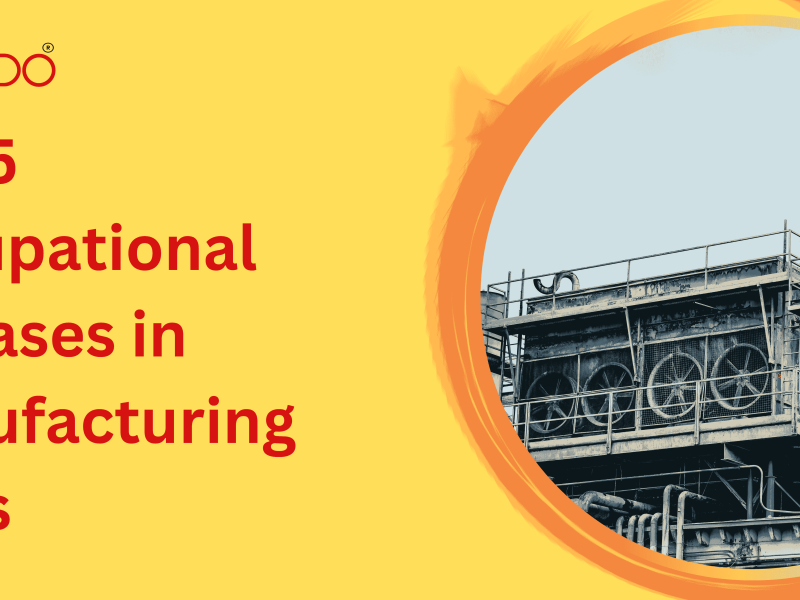EHS personnel refers to individuals who are responsible for managing environmental, health and safety (EHS) issues within an organization. These professionals work to ensure that their organization complies with all relevant regulations and standards related to environmental protection, occupational safety, and employee health.

EHS personnel may have a variety of job titles, including EHS manager, safety coordinator, environmental compliance specialist, industrial hygienist, and occupational health and safety specialist. Their responsibilities may include developing and implementing safety policies and procedures, conducting safety training, conducting safety inspections and audits, monitoring and analyzing safety data, and managing environmental compliance.
To keep their community safe and members healthy, an EHS professional has to conduct a number of health & safety audits for compliance purposes. Let us see them one by one.
Types of health and safety audits conducted in India, which EHS professionals should be aware of:
- Occupational Health and Safety Audit: This type of audit evaluates the compliance of an organization’s health and safety policies with regulatory requirements and industry best practices. It includes an assessment of workplace hazards, risk management, emergency response plans, and employee training programs.
- Fire Safety Audit: This audit assesses the fire safety measures implemented in an organization to ensure compliance with the National Building Code of India and other fire safety regulations. It includes an evaluation of fire detection and alarm systems, fire extinguishing systems, evacuation plans, and emergency response procedures.
- Environmental Audit: This audit assesses an organization’s compliance with environmental regulations and policies related to waste management, air pollution, water pollution, and other environmental issues. It includes an evaluation of the organization’s environmental management systems, environmental impact assessments, and environmental monitoring programs.
- Electrical Safety Audit: This audit assesses an organization’s compliance with electrical safety regulations and policies to ensure the safety of employees and property. It includes an evaluation of electrical systems, equipment, and wiring, along with electrical safety training programs.
- Process Safety Audit: This audit evaluates the safety of chemical and process industries to ensure compliance with regulations and best practices. It includes an assessment of process safety management systems, process hazard analysis, emergency response plans, and employee training programs.
- Construction Safety Audit: This audit assesses the safety of construction sites to ensure compliance with regulatory requirements and industry best practices. It includes an evaluation of site safety plans, hazard identification and risk assessment, personal protective equipment use, and employee training programs.
- Machine Safety Audit: This audit assesses the safety of machines and equipment used in an organization to ensure compliance with regulatory requirements and industry best practices. It includes an evaluation of machine guarding, lockout/tagout procedures, maintenance practices, and employee training programs.
It’s important to note that these audits may vary depending on the specific industry, location, and regulatory requirements. EHS professionals should also stay updated on any new regulations or changes in existing regulations that may impact their organization’s health and safety practices.
VMEDO can help and support EHS professionals to keep their workplace emergency prepared. Contact us to learn more. Call us on +91 6364904226 or write to us on corporate@vmedo.com


